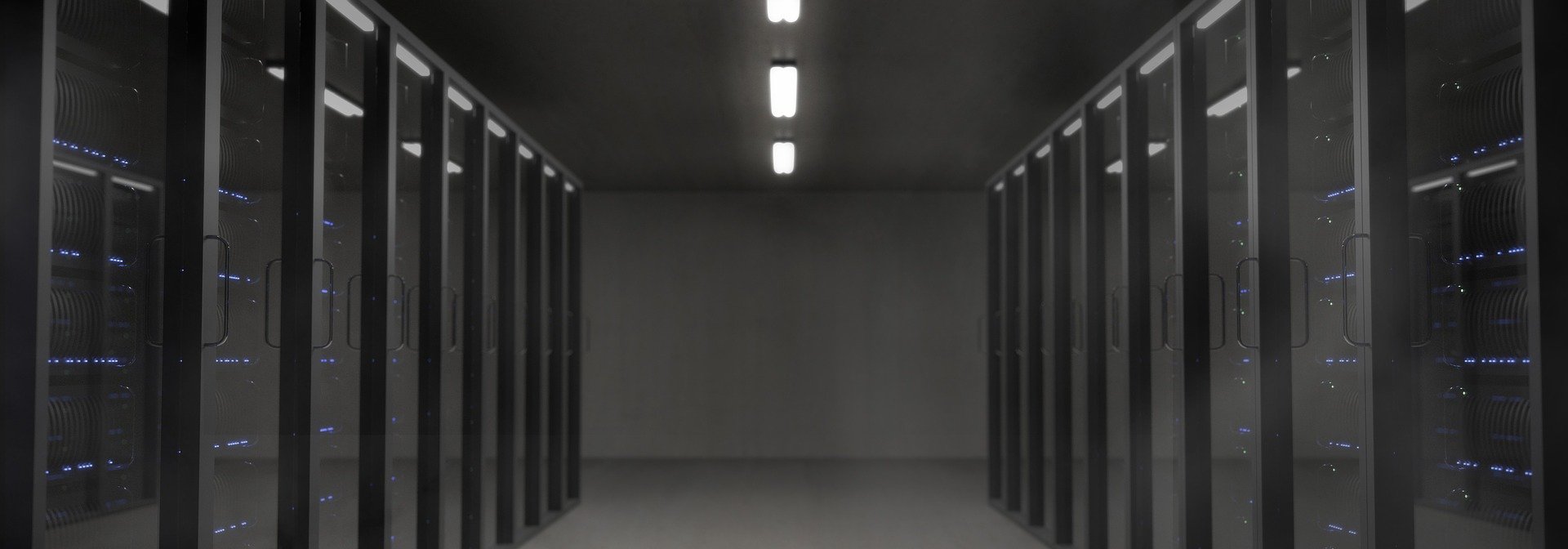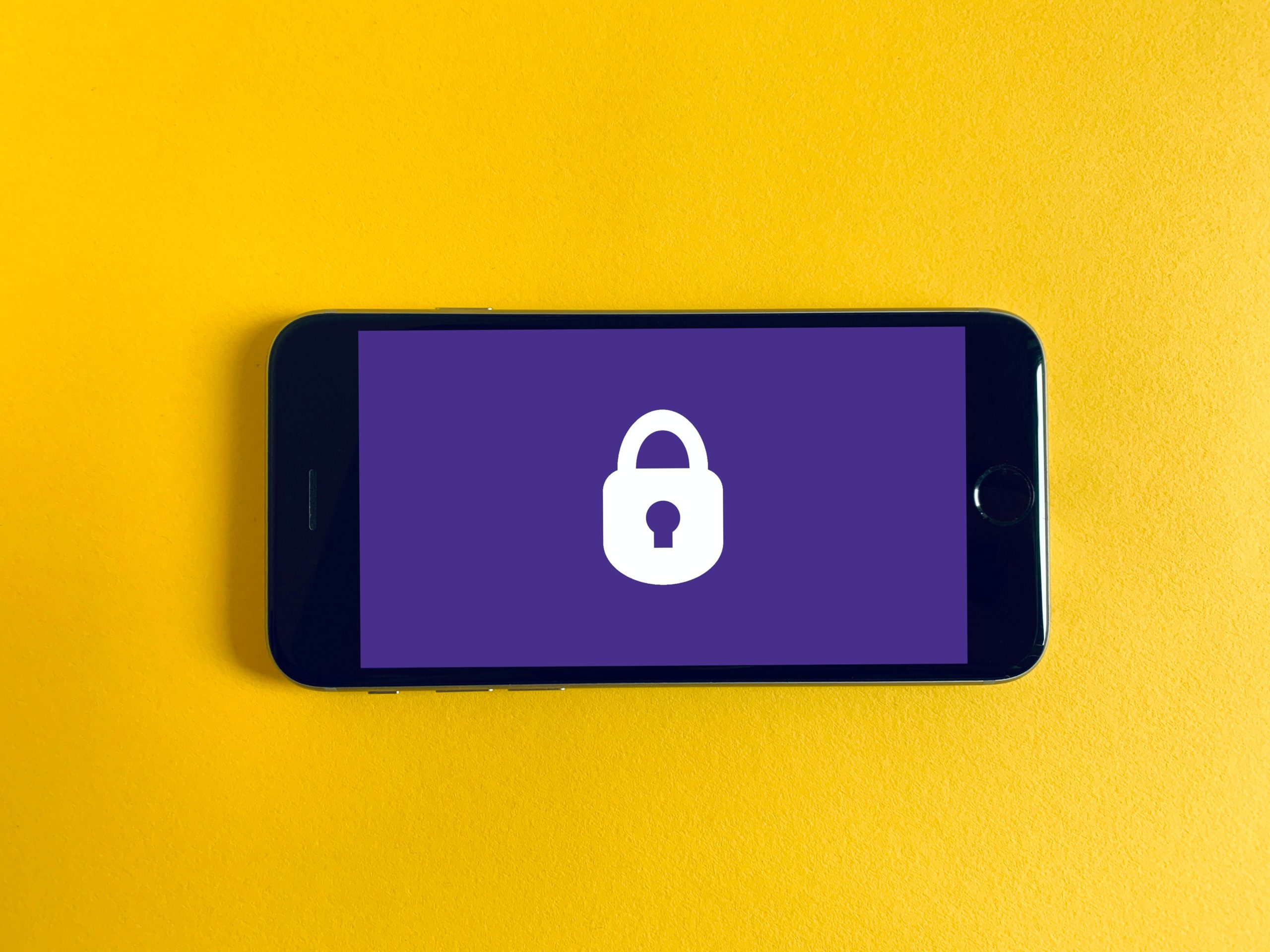Why Every CIO Should Have a Cybersecurity Attorney
Every day, the digital world expands by leaps and bounds, and someone could be taking advantage of your company’s information to commit illegal or unethical actions. Today, many crooks are using the Internet to disguise their identity. It can be challenging to protect your company from outside attacks. A high-quality cyber lawyer has the experience to advise businesses as to the reasonable steps to take to avoid becoming a victim and to be protected from within.
Differentiating technical specialists from those responsible for legal responsibilities and hazards enables businesses to create more effective breach response strategies. Understanding the function of a third-party cybersecurity company can aid in this process.
Cybersecurity has always been one of the primary concerns of chief information officers (CIOs). Since the number of high-profile hacks seems to increase month after month, security is plaguing Information Technology (IT) executives throughout the workday.
What is a CIO?
The Chief Information Officer, known as the CIO, holds the top technical position within a given organization. A CIO is responsible for managing, implementing, and using information and computer technologies. Because technology is increasing and reshaping industries globally, the role of the CIO has increased in popularity and importance.
The CIO analyzes how various technologies benefit the company or improve an existing business process and then integrates a system to realize that benefit or improvement.
This person makes crucial business decisions concerning the organization’s technological strategy and interfaces with other C-level executives to communicate needs, processes, and progress. One role of the CIO is to provide an executive-level interface between the technology department and the rest of the business.
What is a Cyber Security Attorney?
Cybersecurity attorneys typically advise on implementing strategies to meet state, federal, and international legal requirements. They may also represent clients before regulatory bodies and serve as the quarterback and crisis manager during incident response to mitigate loss and guide toward compliance with the law.
A cybersecurity attorney must be knowledgeable with fundamental cybersecurity laws. It is for them to contribute effectively to the company’s operations. These laws include:
- Electronic Communications Privacy Act
- Homeland Security Act
- Cybersecurity Information Sharing Act of 2015,
- Federal Trade Commission Act,
- laws on data breach notification,
- applicable sector-specific state and federal laws
Additionally, the cybersecurity attorney must have a firm grasp of privacy legislation. They must, at the very least, be familiar with privacy legislation. Privacy regimes set obligations to enhance data security since security is necessary for data to stay private.
A cybersecurity attorney should be bilingual in both legal and technological language. Oftentimes, a critical function of such an attorney is to convert legal requirements into design requirements and comprehend technical specifics. As a result, the attorney must grasp the fundamentals of technology or possess a genuine interest and desire to study.
Cyber Security Attorney as a Need
When you don’t have an experienced professional to help protect your company from an inside attack, you subject your operations to a higher level of risk. It’s better to hire a specialist today than at the moment you find out you’ve been compromised.
Many crooks rely on attacks from abroad to gain access to U.S. corporations. Law firms with a reputation for solid cybercrime protection have the upper hand when defending their clients. It is why every CIO should have a comprehensive cyber defense attorney to advise them. When it comes to demonstrating in court that a corporation’s security has been compromised despite implementing reasonable security controls, a professional cyber law firm is more likely to be able to fight back and win. If a cyber crimes attorney does not represent you, you may never know.
A skilled cybercrime attorney can help them get that understanding. They are more likely to know what to ask in court and potentially defeat the government’s case against the company. It can be an expensive process to fight a cyber case. However, the outcome could mean the difference between accepting a settlement or paying big money to defend against an action. Every CIO needs to make sure their law firm is fully staffed to handle cyber cases. The best ones will be located in cities with thriving cybercrime defense attorneys.
The Internet has created a world where criminals can create a fake Twitter account to impersonate a famous person. They can use burner accounts to send emails to spammers. There are even some who use false identity information to try to trick people into opening bank accounts or PayPal accounts under pretenses. An experienced law firm can make these and other cases stick. When cases do make it through the system, the attorney representing the company will know when they have a winning situation.
A good CIO will be aware of the need for an experienced lawyer who can work on cyber cases. Because cyber crimes often involve stealing information, the information may need to be presented as evidence in court. It may mean the company’s entire network should be checked, from top to bottom and back up. In this kind of scenario, an ounce of prevention is worth a pound of treatment. Any company that fails to put in the necessary time and resources to protect itself is putting itself at risk of getting sued.
For a cyber law firm to win its cases, it must also put its client’s interests on the same level as their own. Any information that is stolen or misused needs to be appropriately represented. That means the management must train every employee working to treat documents over the Internet and any company’s computer systems. A good lawyer will also work closely with the IT department to stop any unauthorized access to the company’s computers.
When a CEO realizes that they may be subjecting their companies to cyberattacks, the company’s CIO and cybersecurity attorney should help them out. Law firms should work hard to track down every instance of cybercrime they are liable for, not just the common ones. Every person should know how to prepare defenses in cyber cases. Every business should have an IT department that can track down any attacks when they do happen.
To know what you need for your cybersecurity attorney, contact Metaverse Law today and learn more.





